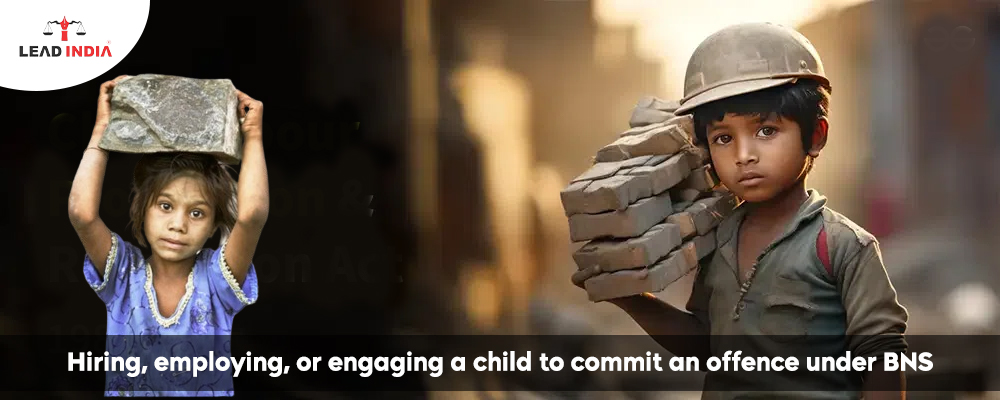The BNS Bill proposes a total of 356 provisions to replace the Indian Penal Code of 1860, replacing certain articles and prioritizing offenses against women and children, murder, and state offenses. For the first time, terrorist activity and organized crime charges have been included in the bill. The BNS has recommended repealing some parts of the Indian Penal Code, of 1860.
In the BNS, 20 new offenses have been created, whereas 19 articles of the defunct IPC have been removed. Prison sentences have been raised for 33 offenses, as have fines for 83. A mandatory minimum sentence has been imposed for 23 crimes. A punishment of community service has been introduced for six offenses.
The Indian government aims to reform the criminal justice system by passing measures that modify definitions and penalties for specific offenses. The bills aim to address challenges in India’s criminal justice system, such as a large number of unresolved cases, insufficient human resources and infrastructure, inadequate investigations and prosecution, and outdated laws and processes.
The Indian government aims to keep up with technological advancements by digitizing all stages of criminal investigations, from FIR registration to charge sheet drawing and judgment delivery.
Need A Legal Advice
The internet is not a lawyer and neither are you. Talk to a real lawyer about your legal issue

Hiring a child to commit an offense under BNS
The Bharatiya Nagarik Sanhita (BNS), which goes into effect on July 1, 2024, has several new and improved measures targeted at protecting children.
Section 95 of the BNS has introduced a substantial new category of crime. Hiring, employing, or engaging a youngster to commit an offense now carries a maximum sentence of ten years in jail. Furthermore, if a child commits an offense, the person who hired the child will face the same penalties as if they did the offense themselves. This strategy tries to protect youngsters from being used for criminal activities while also ensuring their safety.
Section 96 of the BNS makes child exploitation a gender-neutral offense. Previously, just procuring a girl for sexual intercourse was punishable under the Indian Penal Code (IPC). The new law now allows for the procurement of boys for sexual intercourse, giving equal protection for all youngsters, regardless of gender.
Punishments for child prostitution offenses have been dramatically raised. Section 99 of the BNS states that buying a kid for prostitution now entails a minimum term of 7 years and a maximum sentence of 14 years. Previously, the IPC allowed for a maximum sentence of 10 years. This amendment demonstrates a willingness to impose stronger penalties on those who exploit youngsters for prostitution.
Section 141 of the BNS also makes the offence of importing a kid from a foreign nation for sexual intercourse gender-neutral. This clause provides legal protection to both boys and girls, offering complete safeguards against child trafficking and exploitation for sexual purposes.
The forthcoming Bharatiya Nyaya Sanhita Bill is a modernized approach to criminal legislation, addressing increasing forms of crime and providing a more complete legal framework to combat organized crime and related activities. The bill has been referred to the Standing Committee on Home Affairs, which has three months to conduct consultations and provide its findings. The process of revising and replacing the IPC necessitates careful deliberation and should strive to balance the necessity for change with the preservation of fundamental rights and legal principles. We hope that the Committee will address the issue and guarantee that the laws are fair, relevant, and effective in achieving justice and preserving victims’ rights and interests in the genuine spirit.
Lead India provides free legal advice, internet information, and other legal services. We offer a forum where you may talk with a lawyer and ask legal questions. Lead India’s Lawyers may assist you with any legal matters. Lead India’s solicitors can help you with any legal concerns. Lead India also offers free online legal help in India. In addition to providing online legal aid, Lead India allows users to ask specialist inquiries for free.





 Talk to a Lawyer
Talk to a Lawyer